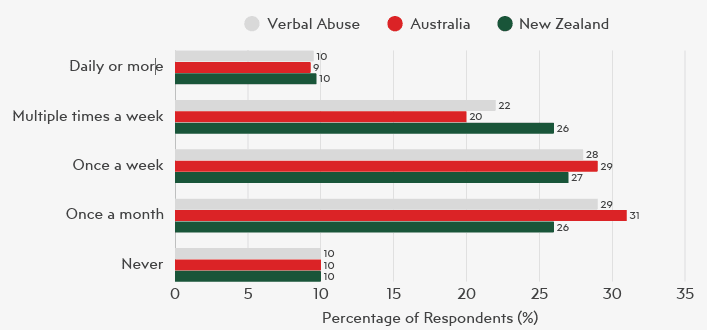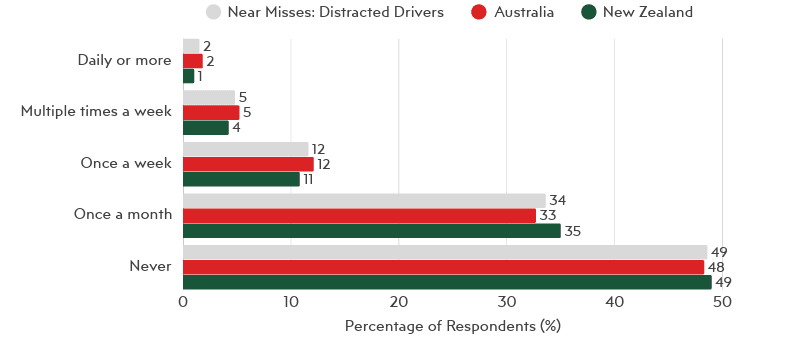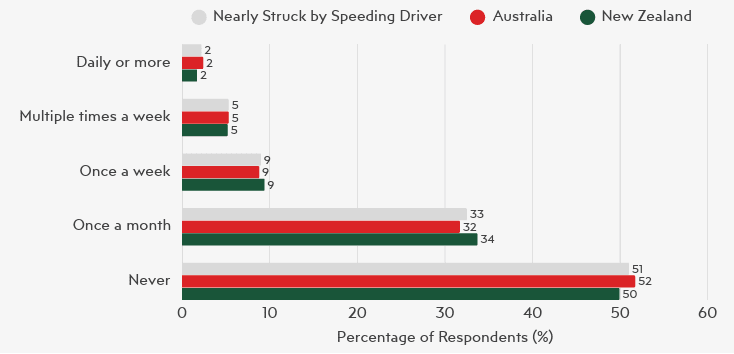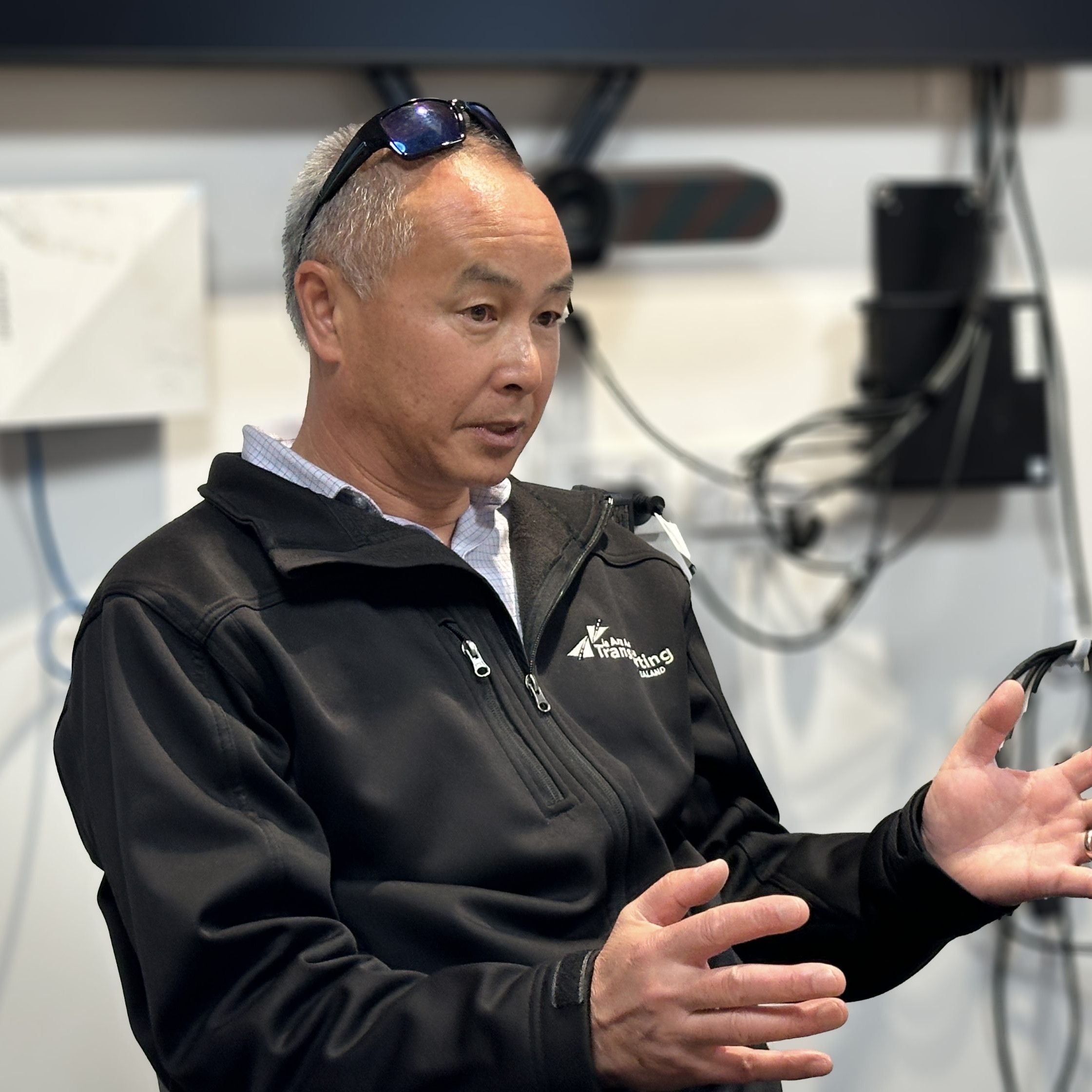
Law and rule changes continue
This week’s activities included lobbying the Hon. Mark Patterson, NZ First Spokesperson for Employment and Employment Relations, to continue considering the Employment Relations (Termination of Employment by Agreement) Amendment Bill which is currently awaiting its second reading.
Our people are our most valuable asset and terminations are rare in our industry, typically occurring for exceptional, safety-related reasons – such as drug use, repeated speeding or logbook breaches. The current employment dispute resolution framework is marked by long delays and rising costs, with mediation wait times of up to 10 weeks. This can create serious risks in our industry with such high safety stakes. We need to find better ways of managing how hazardous drivers can be dismissed.
If enacted, this change would enable conversations between employers and employees to reach fair and mutually beneficial agreements without fear that such conversations could later be used as grounds for personal grievance claims. The employee would have to agree to have the conversation and could not be coerced into signing anything. Providing this option could avoid unnecessary delays and expenses associated with the current system when the ultimate result is the same – termination of employment.
NZ First raised important questions about the Bill during its first reading, and we believe the Select Committee process has led to proposed amendments and safeguards that address those issues. NZ First’s support will be important to this proposed change proceeding.
Availability of truck safety technology will be key to mandating it
One of the changes that NZTA began consultation on last week is mandating advanced safety systems for light and heavy vehicles entering the fleet.
In the heavy vehicle area, the proposed technologies include: autonomous emergency braking (AEB), lane departure warning (LDW), electronic stability control (ESC), anti-lock braking systems (ABS) and audible warnings for electric vehicles.
Internationally, it is well accepted these systems provide safety benefits, though there are some issues that need careful consideration. Firstly, while the technology could be mandated as fitted equipment, drivers have the option of switching some technologies like LDW and ESC on and off. Also, some of that technology is not mandatory equipment from the major international markets that we traditionally rely on to source our trucks.
It’s still early days but I suspect most of our industry will be supportive of having this technology in their vehicles. However, it is important we understand the availability of the technology and the desirability of it.
NZTA doesn’t collect fitment rate data of heavy vehicles with or without these safety features, therefore, to help ensure we have an evidence-based submission we’ve launched a 5-minute survey. I’d urge anyone with knowledge of their fleet safety technology to complete the survey before it closes on Friday 21 November.
Bad behaviour at road work sites needs addressing
This week I attended the inaugural meeting of the Road Works Safety Working Group. This group looks to address some of the startling findings from the 2025 Traffic Controller Safety Survey, delivered by the Traffic Management Association of Australia and the New Zealand Temporary Traffic Management – Industry Steering Group (TTM-ISG).
Verbal abuse of traffic controllers continues to be a widespread issue across Australia and New Zealand, with 60 per cent of respondents reporting experiences of verbal abuse on a weekly basis, including 32 per cent who received verbal abuse multiple times a week or daily.

While less frequent than verbal abuse, physical assaults were still alarmingly prevalent. Several respondents reported having been pushed, punched, or threatened with vehicles. These incidents were more likely to occur when a driver was asked to reroute, delayed by roadworks, or warned about non-compliance. Disturbingly, the survey found that nearly 20 per cent of New Zealand respondents had reported some form of physical assault in the past year.
Near misses continue to be a common experience for traffic controllers. Fifty-one per cent reported near misses from distracted drivers and 49 per cent reported near misses from speeding vehicles, again highlighting the importance of driver behaviour to road worker safety.


Granted, there’s been a lot of issues raised about the appropriateness of speed limits, but verbally abusing or physically harming people cannot be condoned.
Taranaki visits
A highlight of the week was spending a day in the Taranaki region visiting members. It was interesting hearing about the impacts on the region resulting from declining oil and gas activities. While there are some tough times ahead it was great to see the thinking, planning and strategizing on what this means for the future of businesses and their people. Seeing change and positively acting on it shows great leadership.





